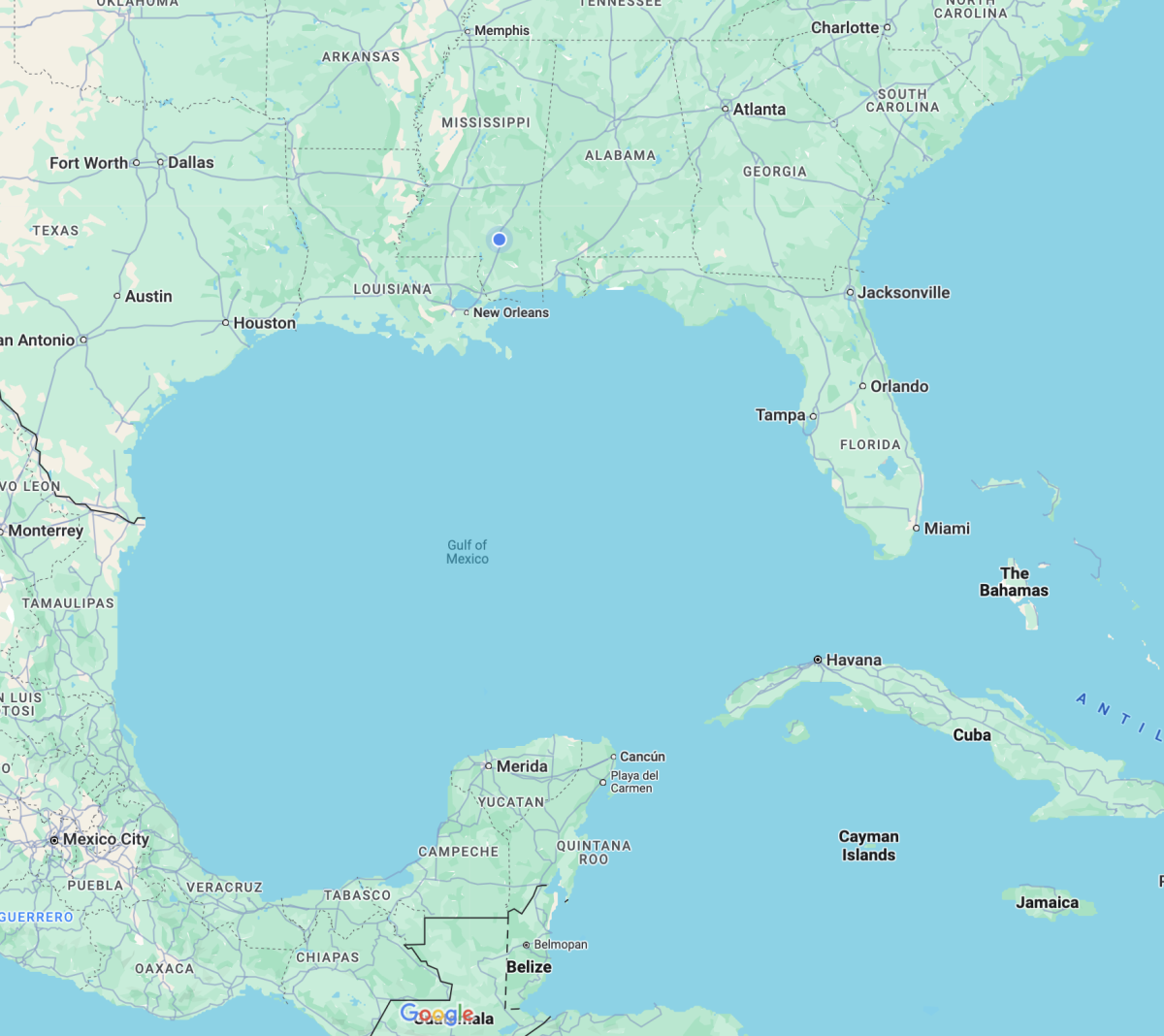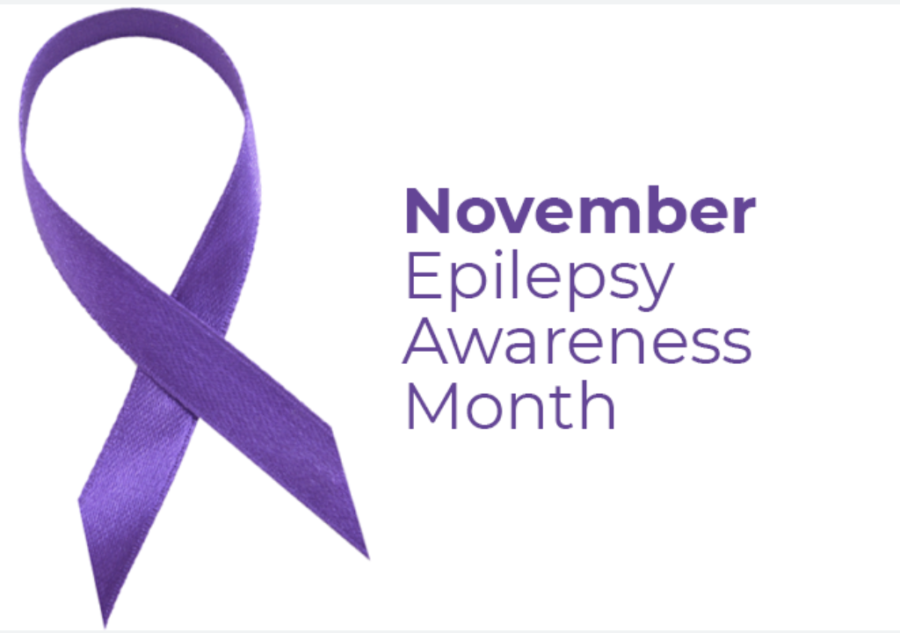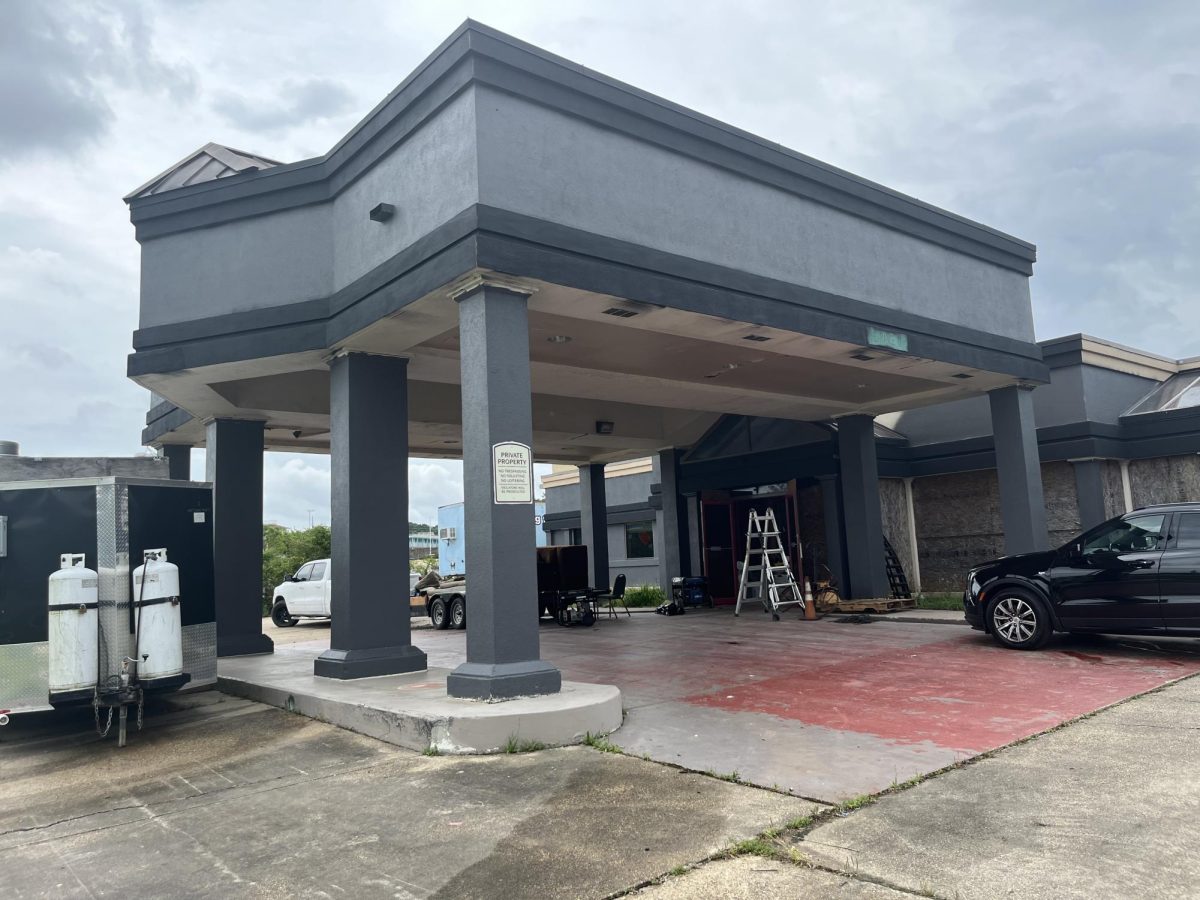The deadline has passed for the people to voice their opinion about the Federal Communication Commission recent net neutrality rules through the commission’s online comments system.
The “Internet Slowdown” of Sept. 10, which involved popular websites and politicians to encourage the people to support the movement and take action, was the last push toward a record-breaking 3.7 million comments submitted to the FCC, according to the Free Press.
This number dwarves the 1.4 million complaints the FCC received following the Janet Jackson’s “wardrobe malfunction” on live television during the 2004 Super Bowl.
On top of that, Congress received more than 2 million emails and nearly 300,000 calls from citizens wanting to voice their opinion regarding the FCC’s upcoming decision on the net neutrality rules, and citizens in New York and Philadelphia led major protest movements.
In May 2013, the FCC voted to propose a new “open Internet” rule that would let Internet service providers charge content companies for priority treatment, which would ultimately allow companies like AT&T, Comcast or Verizon to pick the winners and losers online and discriminate against certain content.
The absence of competition in today’s broadband market poses the main problem, since customers cannot choose between providers, but instead face a monopoly, or sometimes a polarized market.
U.S. Sen. Ron Wyden voiced his concerns with the situation in The Guardian. “Big Cable, is now looking to boost its short-term profits by creating pay-to-play fast lanes, which should come as no surprise, but the consequences are unacceptable,” Wyden said. “Paid prioritization schemes will make it harder for new companies to get out of the garage. And they will undermine the incentives for broadband access providers to continually upgrade America’s Internet infrastructure.”
After tens of thousands of Americans have voiced their opinions on how to protect the Open Internet, the commission proposed a four-month public comment period from May 15 to July 15. The FCC later judged that they wanted to continue to hear from Americans throughout the country and extended the comment period to Sept. 15.
This major response revolved around rejecting the rules that allow providers to selectively block, slow Internet traffic or charge Web content providers for priority access to broadband customers.
Instead, the vast majority of people who protested and commented asked for a reclassification of Internet Service Providers under Title II of the Communications Act of 1934, which would protect net neutrality from online paid prioritization.
FCC Spokesman Kim Hart said the agency will now focus on reading and analyzing the comments, pulling employees from across the FCC and using technological tools to analyze them.
The Internet Association, a trade group that includes Google, Facebook and Amazon.com, filed comments last week, asking the FCC to pass the same net neutrality for mobile broadband services as for wired broadband services and to keep Title II reclassification as an option, according to Pcworld.com
“Congress has given FCC the authority to ensure that the Internet remains an open platform for innovation, communication and commerce.” Wyden said. “Now it’s time for the FCC to do its job and show that it values the future of the Internet more than a well-funded lobbying campaign.”





































